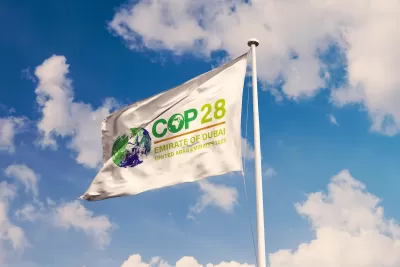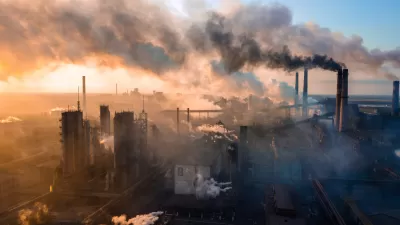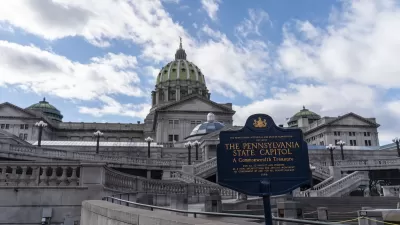A deal came together “quickly and unexpectedly" on the final night of the nearly 2-week United Nations climate talks in Dubai, UAE, according to a series of articles by Washington Post climate reporters.

“This was a paradigm-shifting day for climate talks,” writes Chico Harlan, a global climate correspondent for The Washington Post on December 13, the day after the 28th session of the Conference of the Parties (COP 28) to the United Nations Framework Convention on Climate Change (UNFCCC) was scheduled to conclude.
[See earlier post: “COP28: Will Developed Nations Reduce Emissions?” December 6, 2023]
“The chief global goal of the text is to achieve carbon neutrality by 2050, but even in that scenario, there would be a limited use for oil and gas,” adds Harlan in the source article, one of several updates written by Post reporters after the agreement was unexpectedly reached on December 13.
The text also mentions the need to ramp up technologies “such as carbon capture” that could be used in tandem with fossil fuels to capture emissions.
“It’s easy to criticize this deal, which followed two weeks of tough negotiations, as weak and insufficient,” opined the Los Angeles Times editorial board on Dec. 13. "It is nonbinding and full of caveats and loopholes.”
It calls for “transitioning away” from fossil fuels, rather than phasing out, which many entities, including the United States, the European Union and vulnerable island states, were pushing for.
But the agreement is a milestone nonetheless. There is now a baseline global consensus on the need to move beyond fossil fuels.
FULL STORY: The ‘beginning of the end’ for fossil fuels

Alabama: Trump Terminates Settlements for Black Communities Harmed By Raw Sewage
Trump deemed the landmark civil rights agreement “illegal DEI and environmental justice policy.”

Study: Maui’s Plan to Convert Vacation Rentals to Long-Term Housing Could Cause Nearly $1 Billion Economic Loss
The plan would reduce visitor accommodation by 25% resulting in 1,900 jobs lost.

Planetizen Federal Action Tracker
A weekly monitor of how Trump’s orders and actions are impacting planners and planning in America.

Wind Energy on the Rise Despite Federal Policy Reversal
The Trump administration is revoking federal support for renewable energy, but demand for new projects continues unabated.

Passengers Flock to Caltrain After Electrification
The new electric trains are running faster and more reliably, leading to strong ridership growth on the Bay Area rail system.

Texas Churches Rally Behind ‘Yes in God’s Back Yard’ Legislation
Religious leaders want the state to reduce zoning regulations to streamline leasing church-owned land to housing developers.
Urban Design for Planners 1: Software Tools
This six-course series explores essential urban design concepts using open source software and equips planners with the tools they need to participate fully in the urban design process.
Planning for Universal Design
Learn the tools for implementing Universal Design in planning regulations.
Caltrans
Smith Gee Studio
Institute for Housing and Urban Development Studies (IHS)
City of Grandview
Harvard GSD Executive Education
Toledo-Lucas County Plan Commissions
Salt Lake City
NYU Wagner Graduate School of Public Service





























